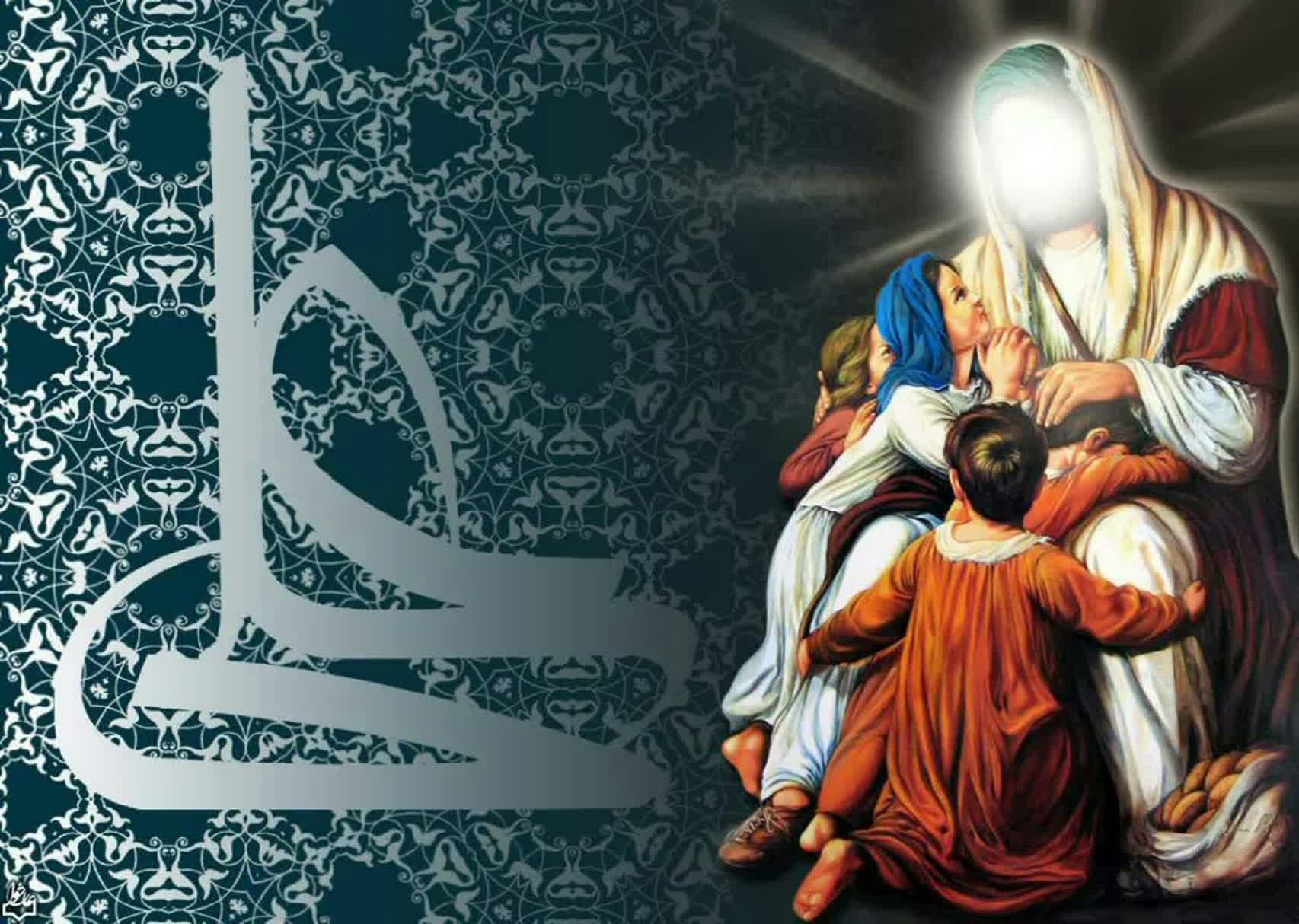I’ve been thinking about the importance of power and how/why/when we wield it. The true measure of one’s strength is not the physical power, not brute force, not one’s ability to inflict pain.
According to an article by Themuslimvibe.com, the true measure of strength and power is the ability to modulate one’s impulses. It is about being self-aware so much that whatever you do, it is rooted in the best principles of self-worth and humanity that we are trying to espouse or live by.
Broadly, Jihad bin Nafs is what this is called. And I find myself reading up on Imam Ali’s (as) lifestyle to understand this better.
Out of an existence that transpired solely out of his love for Allah, there are countless moments in Imam Ali’s (as) life that educate us about the true nature of Jihad bin Nafs, or the struggle against the self. This is the true jihad – the superior and mandatory jihad against personal and social evil, intrinsic desires, and of course anything impulsive like anger.
As we try to comprehend his life, which understandably is beyond us, there are moments when we are blessed with clarity that can help us be better human beings, help us heal, or simply encourage us to sustain.
History witnessed one such moment during the Battle of the Trench, or Khandaq, as it is called across Urdu and Arabic.
If you recall in the Battle of Khandaq, a defensive trench or ditch was dug around the Prophet’s army, so the enemy could not get across. Amr bin Abdawud managed to get across the ditch from a narrow pathway. Now Amr was famed amongst the Arabs for his strength and valor and was considered equal to a thousand mounted men. He challenged the army of the Prophet (pbuh) but no one stepped forward. Eventually, Imam Ali (as) stepped up after giving everyone in the Prophet’s army the opportunity to take Amr down.
The two brave warriors engaged in traditional dueling and historians write that the dust rose as high as 200 feet. The onlookers and soldiers from both sides narrate that there was so much dust, both warriors got lost in it as the duel intensified. After a while, Ali (as) physically picked up Amr and threw him on the ground. All this while, the soldiers from either side could only hear heavy blows being traded through all the dust – when finally they heard screams. But it was unclear which of the two, Ali (as) or Amr, was successful.
When the dust settled, the soldiers, the universe, and the angles witnessed Ali mounting Amr’s chest to deal one final blow to him. Amr, now at the brink of defeat and certain death, felt humiliated and spat on Ali’s face.
Now, this is the moment where Ali’s Jihad bin Nafs takes over. He calmly got up from the defeated warrior’s chest, put his famed Zulfiqar sword back in its sheath, and walked away.
Soldiers from both sides were left bewildered at this. Surely Ali knew how important it was to defeat Amr bin Abdawud. In fact, it was almost a certainty that because of this insult, Amr would arrive at his conclusion faster. But to everyone’s disbelief, Ali (as) retreated at that moment, only to settle it a while later. After the battle was over, people asked Imam Ali (as) the reason why he had spared Amr’s life when he had first overpowered him.
He (as) replied that if he had killed him immediately after he had spat on him, then people will claim that it was to remedy the insult and not the cause. They would be able to insert doubt that this was not for the sake of Allah but for the satisfaction of his own anger. So he let him free.
There is much learning here for the wise about the role of intention in this scenario. It sheds light on the importance of the struggle with the Self, the Jihad bin Nafs. It reminds us that while we start something with pure intentions, it may easily lead us on a path where our intentions can be altered during the course of our journey towards the ultimate goal. So it is important to keep our intention front and center all the time.

